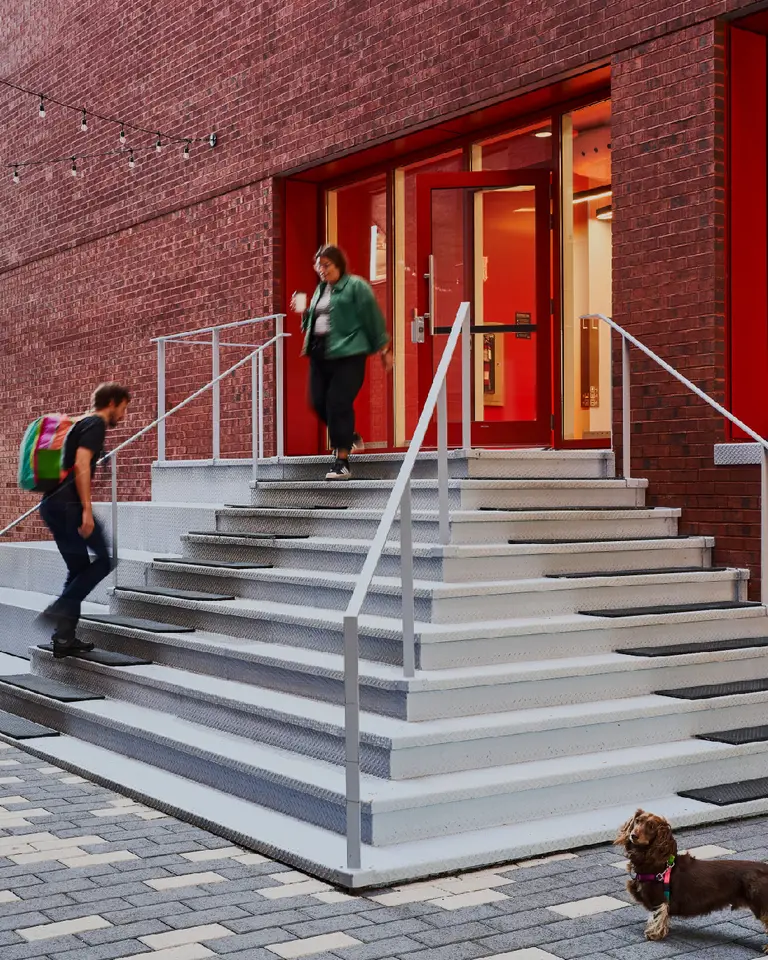About Mila
A community of scientists and interdisciplinary teams committed to advancing artificial intelligence (AI) for the benefit of all.
A community of scientists and interdisciplinary teams committed to advancing artificial intelligence (AI) for the benefit of all.
Mila - Quebec Artificial Intelligence Institute, is recognized worldwide for its major contributions to AI. Today, the Mila community boasts the largest concentration of deep learning academic researchers globally. The institute is recognized for its expertise and significant contributions in areas such as modeling language, machine translation, object recognition and generative models.
Since its inception, Mila focuses its mission on core research areas such as health, environment and climate change, and AI ethics. Mila extends its expertise and leadership in AI to deliver advances that will benefit all of society. Research carried out at Mila is conducted using an Open Science approach to promote collaboration and foster knowledge transfer.

Mila is the result of a unique collaboration between Université de Montréal and McGill University, in close collaboration with Polytechnique Montréal and HEC Montréal. The institute also hosts professors from Université Laval in Quebec City, Université de Sherbrooke, the École de technologie supérieure in Montreal and Concordia University, bringing together over 1,400 individuals advancing AI for the benefit of all. Since 2017, Mila and its sister institutes, Amii (Alberta) and Vector (Ontario), play a central role in the Pan-Canadian Artificial Intelligence Strategy–the first national AI strategy in the world–led by CIFAR.
Contribution for 2022-2023
Mila is a vector for development for industry partners here and abroad thanks to applied research and its large talent pool. The technology transfer teams at Mila develop AI solutions tailored to the specific needs of organizations that have the potential to accelerate their innovations.
Contribution for 2022-2023
Yoshua Bengio, a Quebec researcher who specializes in AI at the Université de Montréal, is one of the precursors of deep learning. In 1993, he founded a research lab to establish a community of high calibre researchers who share the same ethical vision for the development of AI and a common interest in the advancement of technology with extraordinary potential for society.
In 2017, Mila expands the scope of its activities through a collaboration between Université de Montréal and McGill University, working closely with Polytechnique Montréal and HEC Montréal. Today, Mila brings together a community of professors, student researchers (master’s, doctorate, postdoctorate, interns, visitors), students (professional master’s, specialized graduate degree), industry partners and startups working in AI.
Mila acquired the status of non-profit organization in 2018 and inaugurated its new premises in 2019 in an effervescent innovation-oriented Montreal neighborhood: the Mile-Ex.
Mila’s mission is to be a global pole for scientific advances that inspires innovation and the progress of AI for the benefit of all. Mila accelerates AI innovation for all communities. Mila is built on values of collaboration, excellence and ethics.
Mila is governed by four strategic pillars that guide its decision-making and commitment.